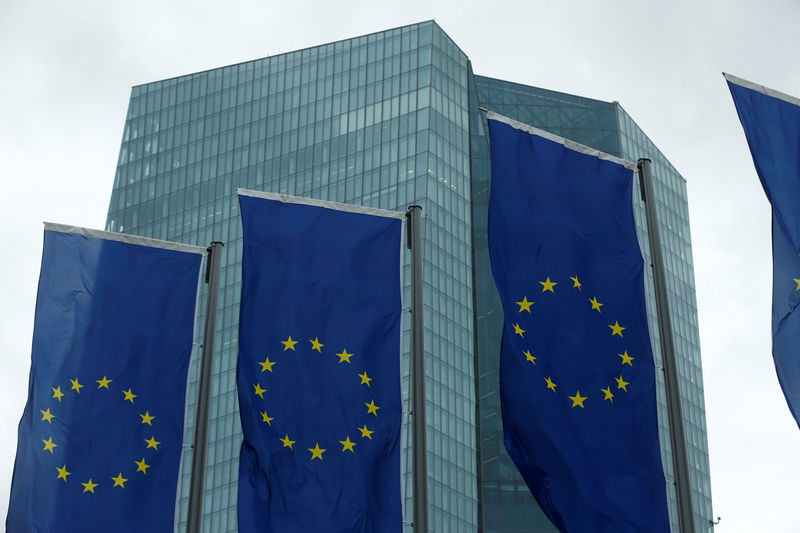Diamyd Medical’s phase 3 diabetes trial passes final safety review
Investing.com - U.S. President Donald Trump’s new batch of tariffs pose a "significant risk" to Eurozone growth, according to analysts at Morgan Stanley (NYSE:MS).
Trump announced his broadest slate of tariffs to date on Wednesday, saying he would slap a baseline 10% duty on all foreign imports into the U.S. and impose greater levies on several longstanding trading partners in a bid to respond to perceived unfair trade practices.
The European Union -- which has many member states that are in the Eurozone currency area -- was included among a number of countries set to face elevated so-called "discounted reciprocal" tariffs that aimed to address foreign surcharges and other non-trade barriers. Imports from the EU, a frequent target on Trump’s trade-related ire, face a new 20% tariff.
The White House considers the EU and several other nations to be "bad actors" on trade. The 10% baseline tariff will go into effect on April 5, while the higher tariffs will begin on April 9.
In a note to clients on Thursday, the Morgan Stanley strategists led by Jens Eisenschmidt estimated a permanent 20 percentage point increase of U.S. tariffs on EU goods would reduce Eurozone gross domestic product by as much as 120 basis points.
The impact of the levies on Eurozone inflation will likely depend on the EU’s response, they added, noting that this is "hard to tell as of today."
European Commission President Ursula von der Leyen has pledged that a united EU would respond to Trump’s latest levies, warning "if you take on one of us, you take on all of us."
The analysts said that, because the EU runs a large services trade deficit with the U.S., retaliatory tariffs focused on this sector could "become a key angle" of Brussels’ response.
In mid-March, the EU indicated that it would move to counteract separate U.S. tariffs on steel and aluminum by targeting around 18 billion euros of industrial and agricultural exports from the U.S.
Still, the Morgan Stanley analysts argued that Trump’s pronouncements "should be seen as the start of a negotiation process" between the U.S. and EU, saying that, if the tariffs are lifted in a couple of weeks, "macro impacts would be significantly less." Previously, von der Leyen has said the EU would prefer to negotiate with the White House rather than retaliate.
